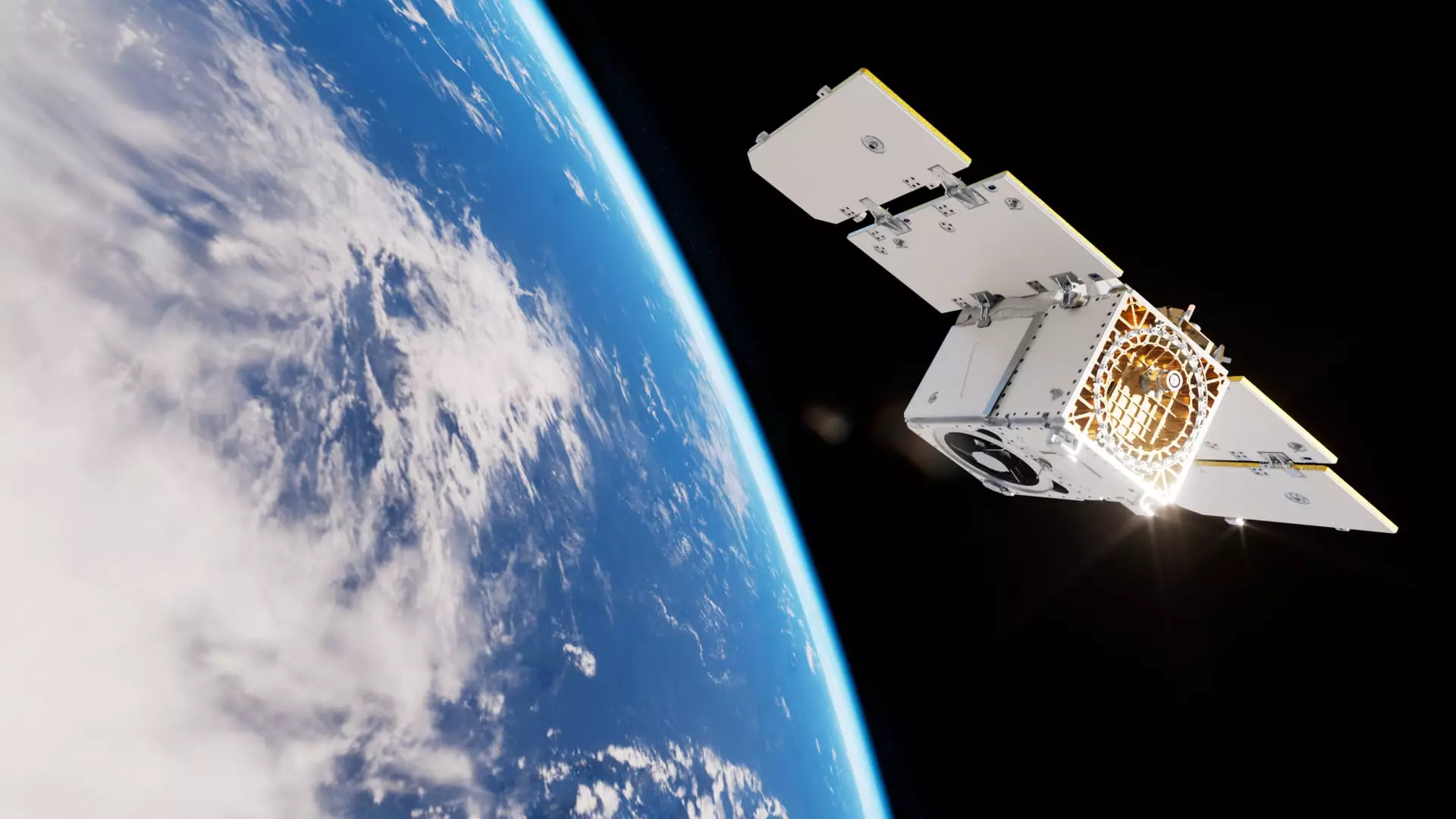In a significant advancement for the satellite imagery and data analysis sector, Planet Inc. has secured a monumental $230 million contract that embarks the company on a transformative journey into satellite services. This groundbreaking deal, hailed by CEO Will Marshall as “our biggest deal ever,” encapsulates a vital step for Planet in its ambition to enhance its satellite technology and revenue streams. The contract is tied to the development of Pelican satellites, a next-generation series that promises to bolster the company’s position in the competitive satellite market.
Marshall’s excitement is palpable as he elaborates on how this partnership, although undisclosed for now, strengthens the company’s links with a longstanding ally in the Asia-Pacific region. This agreement is reported to span several years, ultimately leading to five years of operational service. The investment reaffirms Planet’s commitment to providing dedicated satellite access tailored for specific customer needs, while also augmenting their broader commercial data licensing opportunities globally.
Planet’s recent endeavors demonstrate its commitment to modernizing its satellite fleet. The Pelican satellite series is set to replace the previous SkySat satellites, which Planet acquired from Google in 2017. The transition to the more technologically advanced Pelican satellites signifies Planet’s aim to create a suite of up to 32 operational satellites, an initiative that hinges on the successful execution of this recent contract. The launch of their first operational satellite in the Pelican line, Pelican-2, underscores the potential for accelerated growth and enhanced service delivery to customers.
A distinguishing feature of the Pelican satellites is their incorporation of Nvidia’s Jetson edge artificial intelligence technology, promising better data processing capabilities. This cutting-edge integration may place Planet at the forefront of data analysis quality while also ensuring that clients receive timely insights from the imagery processed by the Pelican satellites. As Marshall noted, the financing now acquired will fast-track the construction of additional satellites, moving Planet towards a more rapidly scalable operation—a crucial factor in navigating industry demands.
Financial Implications and Market Dynamics
Despite the rush of optimism surrounding the signing of this contract, Planet has chosen to maintain its previous financial guidance for the fourth quarter of fiscal 2025. However, expectations are set for improvements to the balance sheet as early as fiscal 2026, surrounding the payments for satellite construction and operational services, which will be recognized over an extensive seven-year period. This long-term perspective reveals that while the deal promises future benefits, competitive pressures in the satellite industry remain relentless, requiring consistent execution to meet anticipated demand.
The immediate market response to the announcement reflected investor confidence—Planet’s shares saw a 14% uptick before stabilizing. This volatility is not uncommon in the space sector, as demonstrated by Planet’s historical struggles following its public debut in 2021 amid the SPAC boom. However, despite facing challenges such as revenue shortfalls and layoffs, the stock has doubled over the past year, hinting at a potential resurgence built on solid strategic partnerships and modular technological improvements.
Marshall articulates the strategic shift encapsulated in this latest deal, framing Planet’s entry into the satellite services sector as a strategic extension of its existing operations. The company has previously dipped its toes in this arena with the Tanager satellite product line, highlighting a growing trend where customer relationships are forged based on years of reliability and trust. Marshall emphasizes the importance of a vertically integrated technology stack, ensuring that clients receive operational satellites that not only meet expectations but are also backed by a proven track record.
The convergence of satellite manufacturing and data provision creates synergistic opportunities that enhance service offerings. As Planet navigates this new chapter, the potential for innovation and value creation appears robust. The forthcoming years hold the promise of not just operational satellites, but tailored solutions for an evolving customer landscape, wherein the demand for satellite data continues to grow. In this rapidly evolving field, Planet is poised to shape the narrative of satellite services with a blend of advanced technology and strategic foresight.

